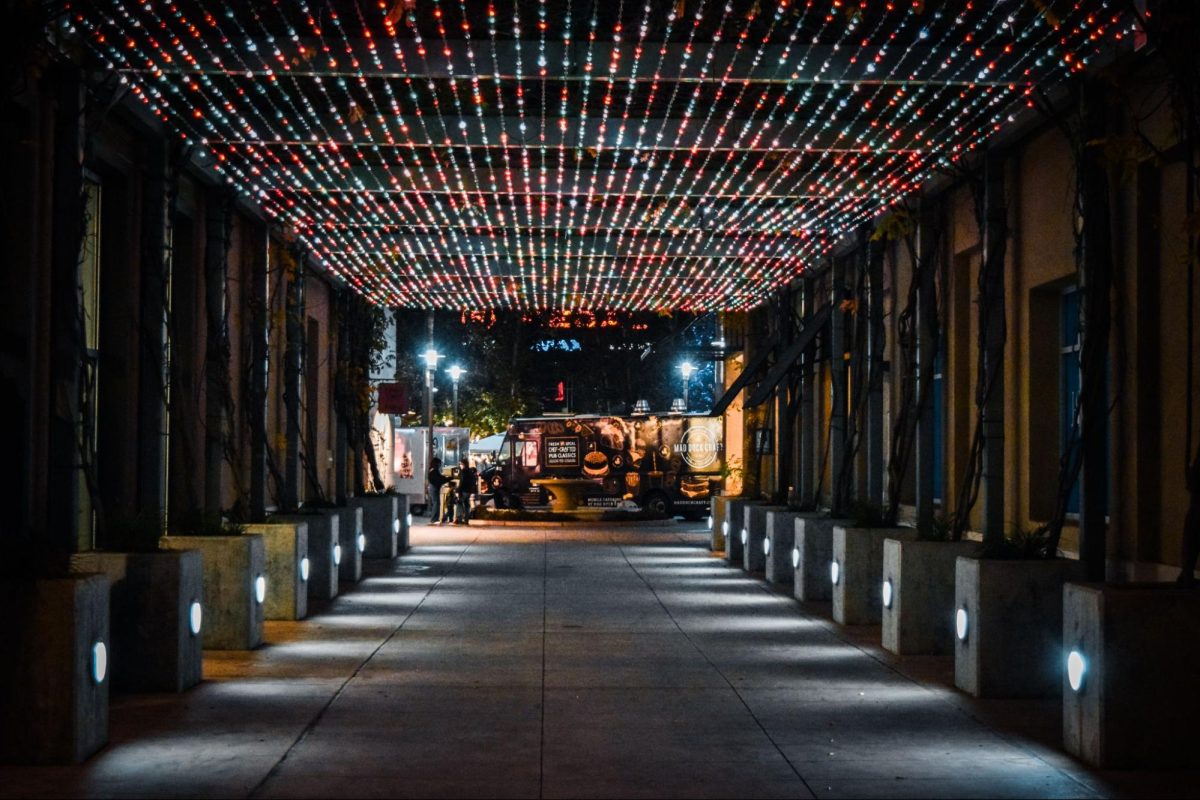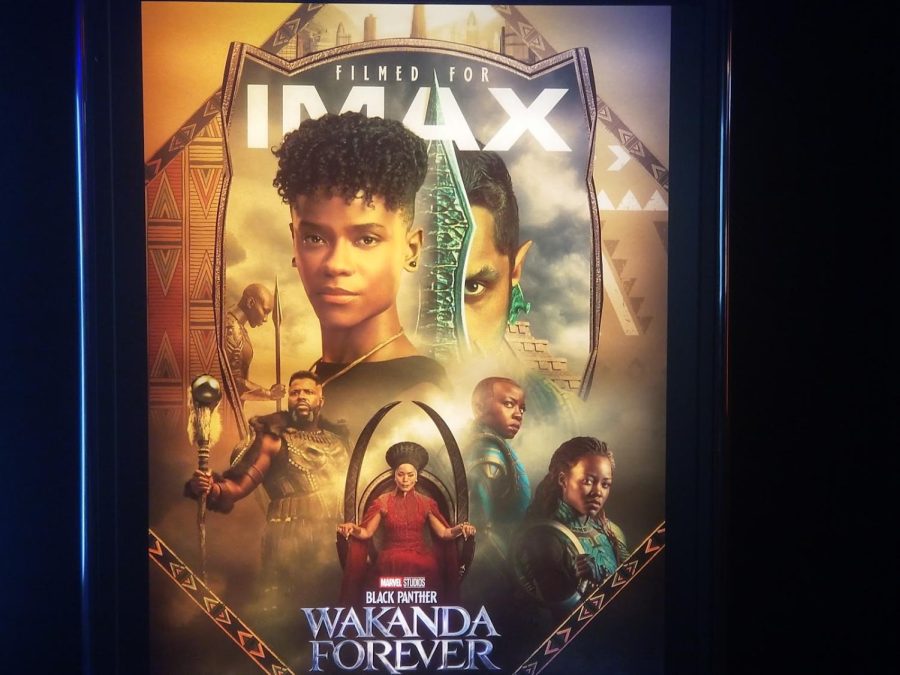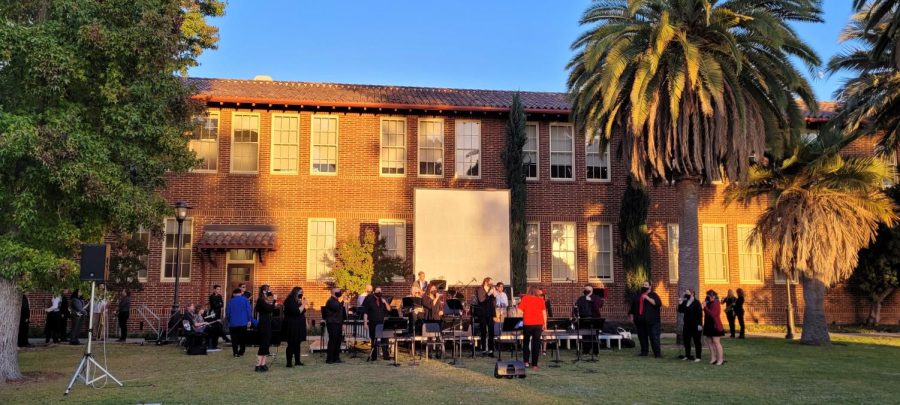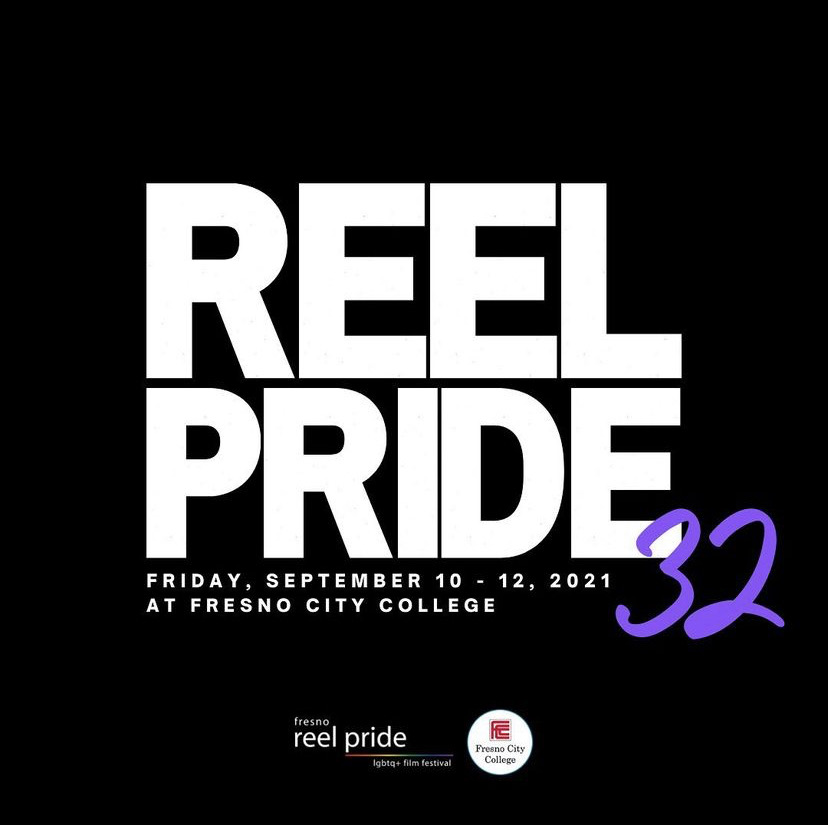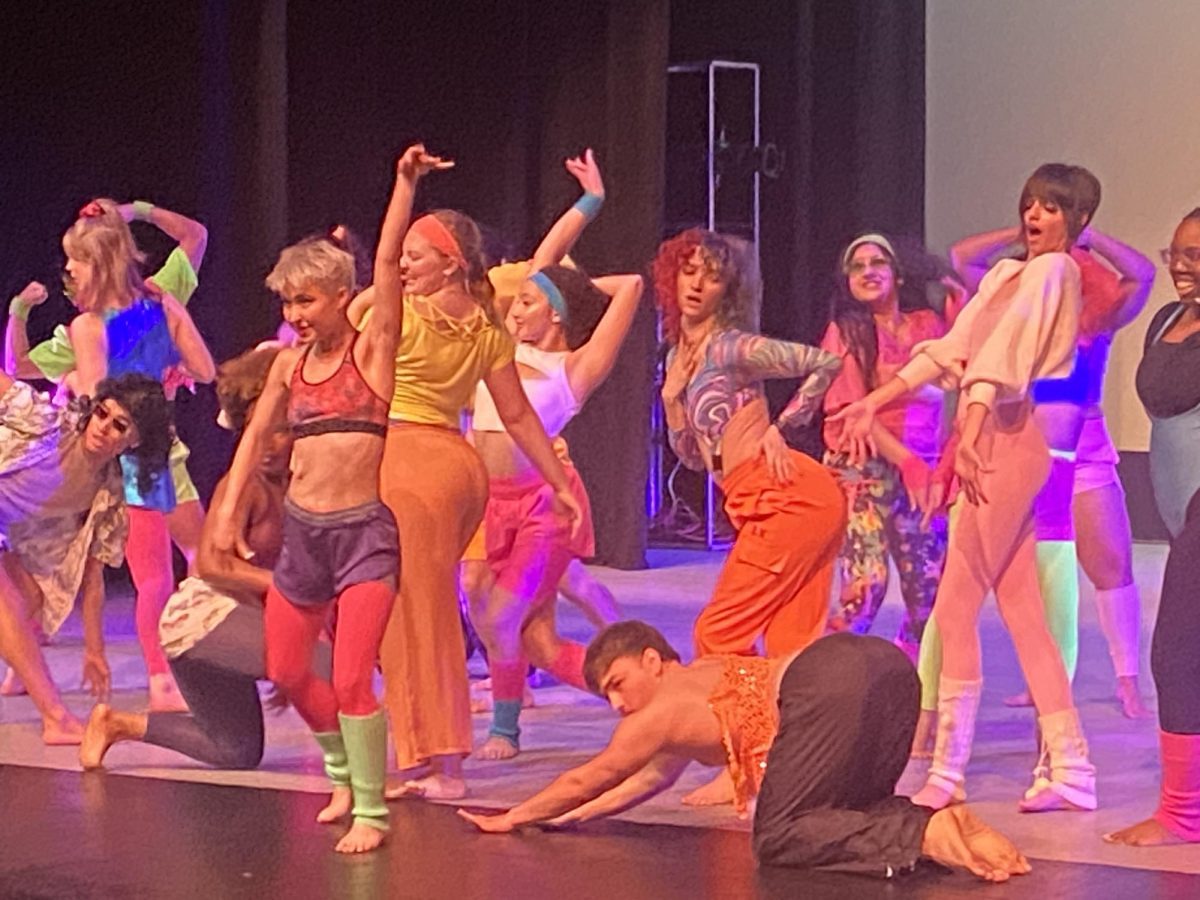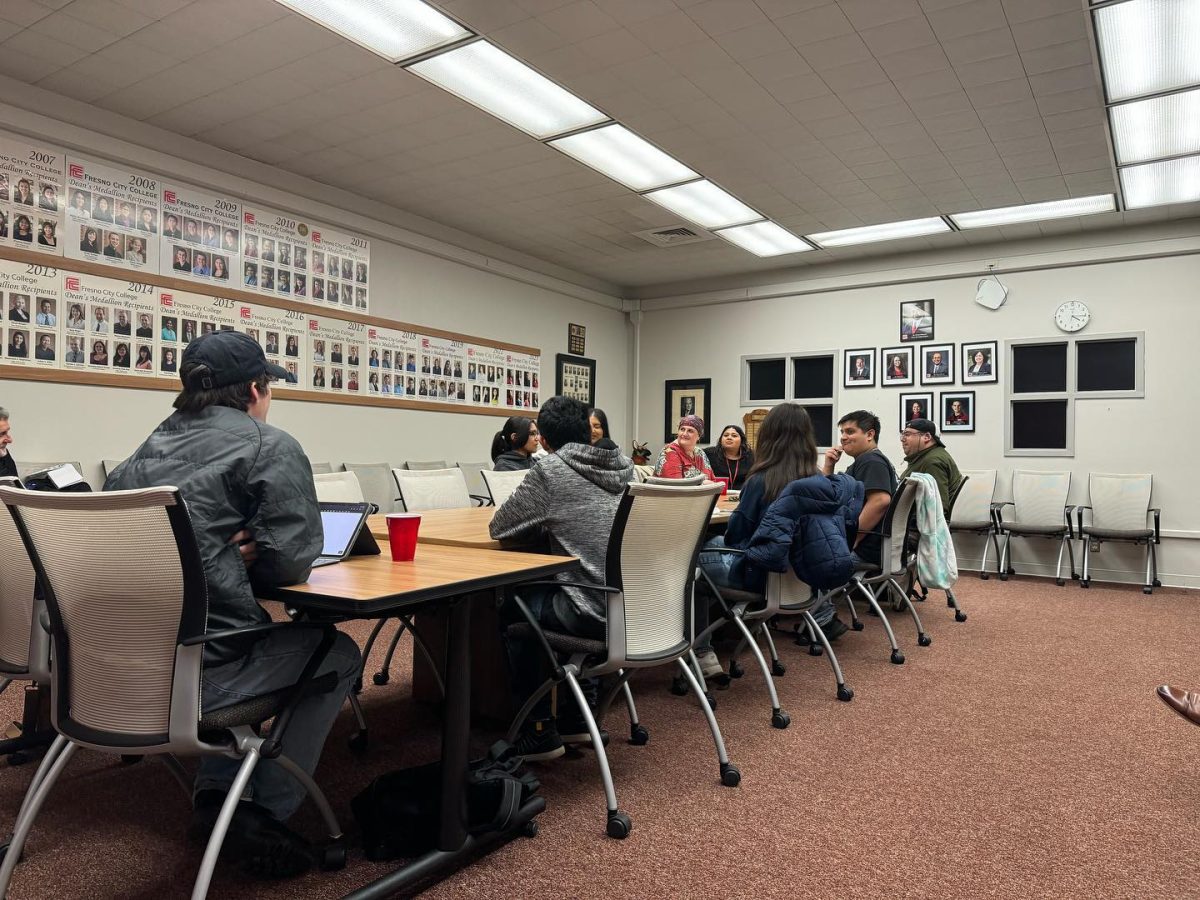Asian American Month continues as Thursday’s bi-racial identity program drew a standing room only crowd in the FCC student lounge.
The event featured a film followed by a panel discussion. The annual event addressed the difficulties children with bi-racial identities face with identifying with one culture over the other. The candid and intelligent panel discussion featured three bi-racial FCC students.
Before hosting the event and moderating the discussion, sociology Professor Linda Vang gave thanks to Professor John Cho for giving her the privilege in moderating.
“You don’t say no to Cho,” Vang remarked.
Thursday’s event showcased the struggles of building a strong identity in a bi-racial upbringing. Bi-racial Americans face a world obsessed with prejudices and stereotypes.
Many ask the potentially insensitive question, “What are you?”
The three students, Hrio Williams, a criminology major; Korio Yasumoto, a psychology major; and Ilexis Jacobi, a pharmacy and music major, addressed the crowd concerning their own struggles and achievements.
Williams, a half African-American and half Japanese student holding dual-citizenship, maintained a sense of confidence and conviction. Williams was comfortable sharing the insensitive questions people have approached him with on either side of the Pacific.
He acknowledged that his black friends have asked him if he knew karate and used chop sticks while his distant Japanese relatives would ask him if he could rap, dance and play basketball.
This was the underlying issue that pressed a need to have this discussion in the first place. Our archaic practice of correlating people’s color with people’s culture, and the internalized complexes that children develop when those they love judge their differences.
Korio Yasumoto suffered the negative consequences of this amidst a partially bigoted upbringing that forged divisions amidst his family and within himself. Yasumoto struggled as he recalled his German-blooded grandparents’ rejection of his Japanese father as well as his grandparents’ open preference of Yasumoto’s white cousins. This sabotage of his esteem by such pivotal figures in his life remains deeply troubling to Yasumoto.
Ilexis Jacobi demonstrated a unique level of maturity and sociological understanding. She lived a life that allowed her to become self-actualized. Her father is a rich mixture of European and Mexican ancestry while her mother is full-blooded Japanese. She prefers to identify with the humility of her Japanese heritage, but stresses that she sees herself as an American.
Jacobi noted that those who are picked on by others often attract that energy toward themselves; whereas those brining with confidence and certainty don’t seem to attract these attitudes nearly as much.
What the film and the panel revealed was that there are a great many methods and outcomes for coping with a bi-racial identity. The struggle of processing and managing social stereotypes and prejudices is a serious issue that affects millions of lives.
Fortunately, negative connotations of bi-racial identity are becoming a thing of the past. Fewer children than ever can relate to the prejudices that their parents faced.


